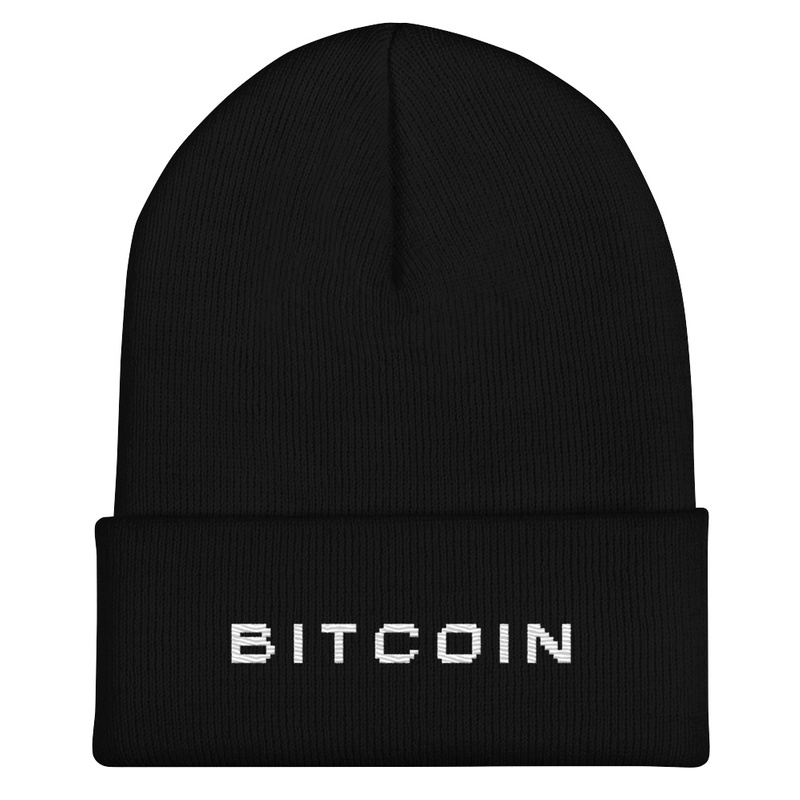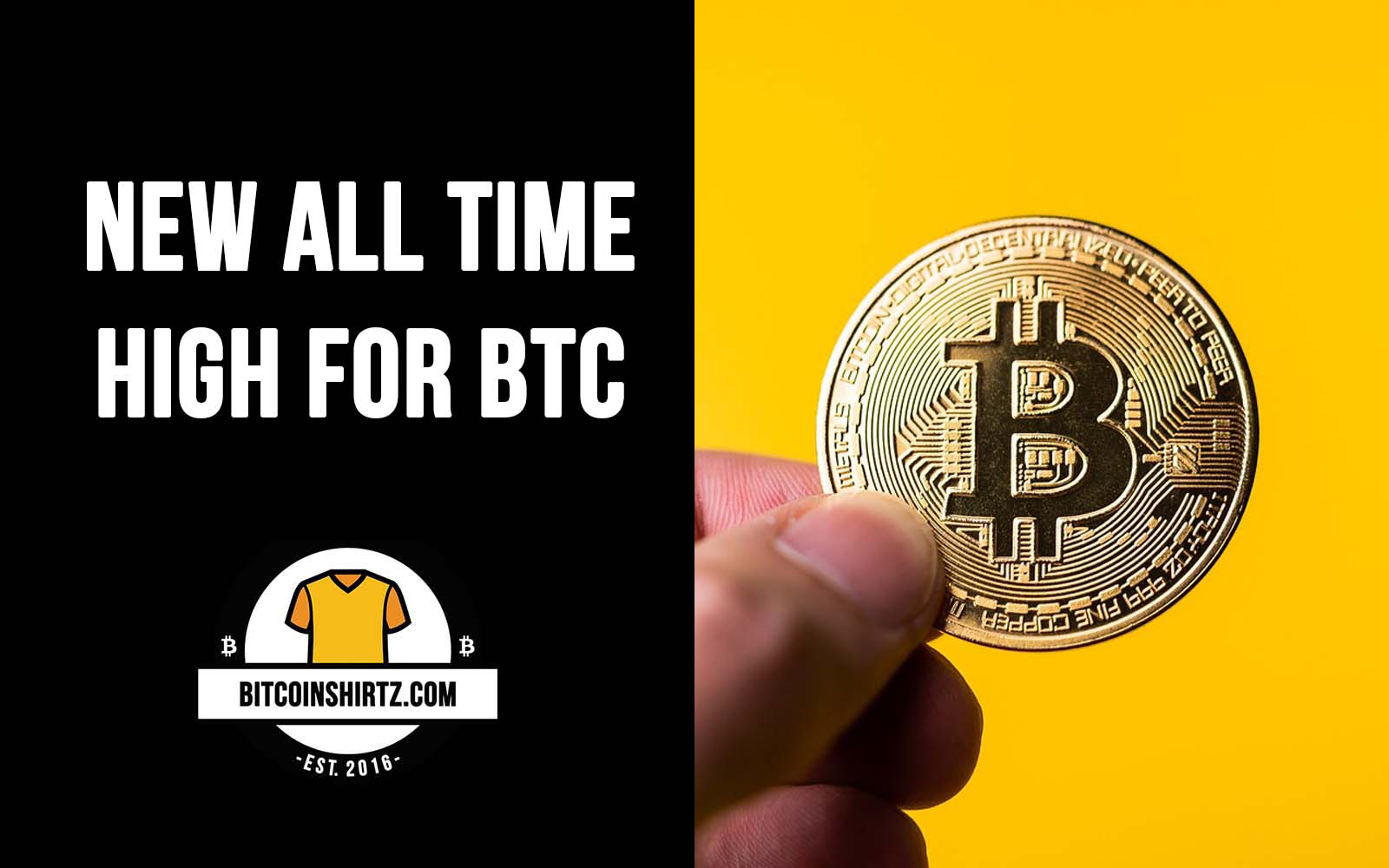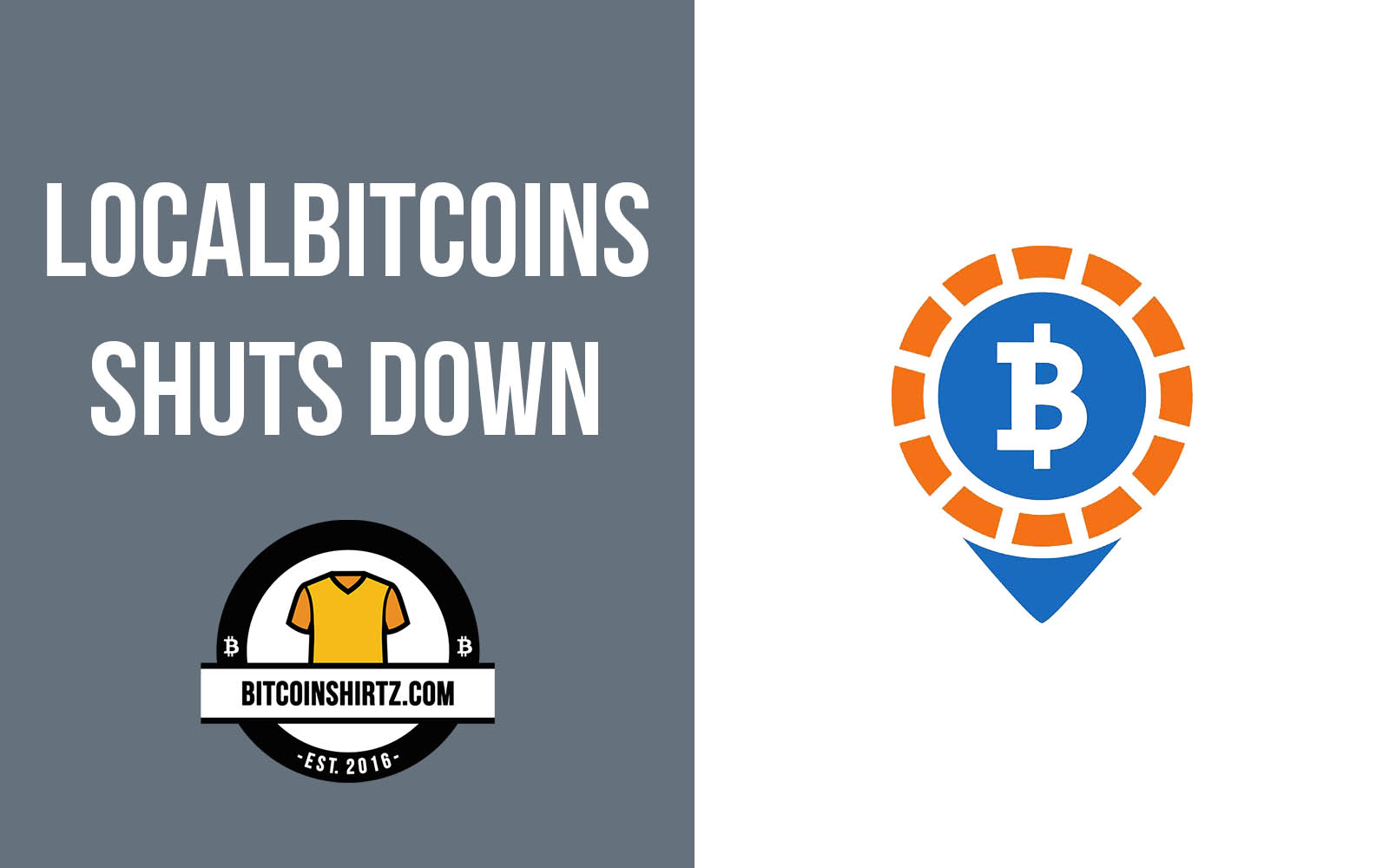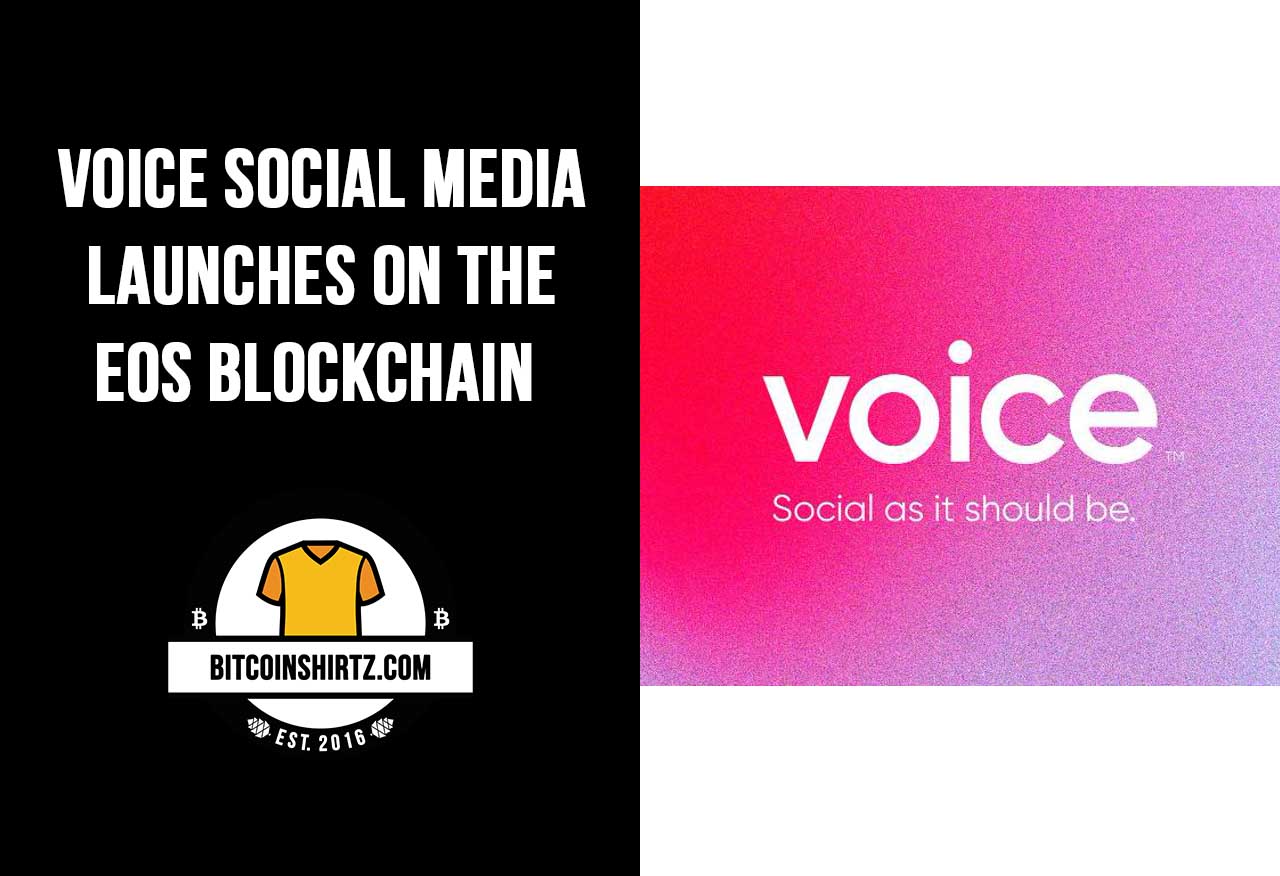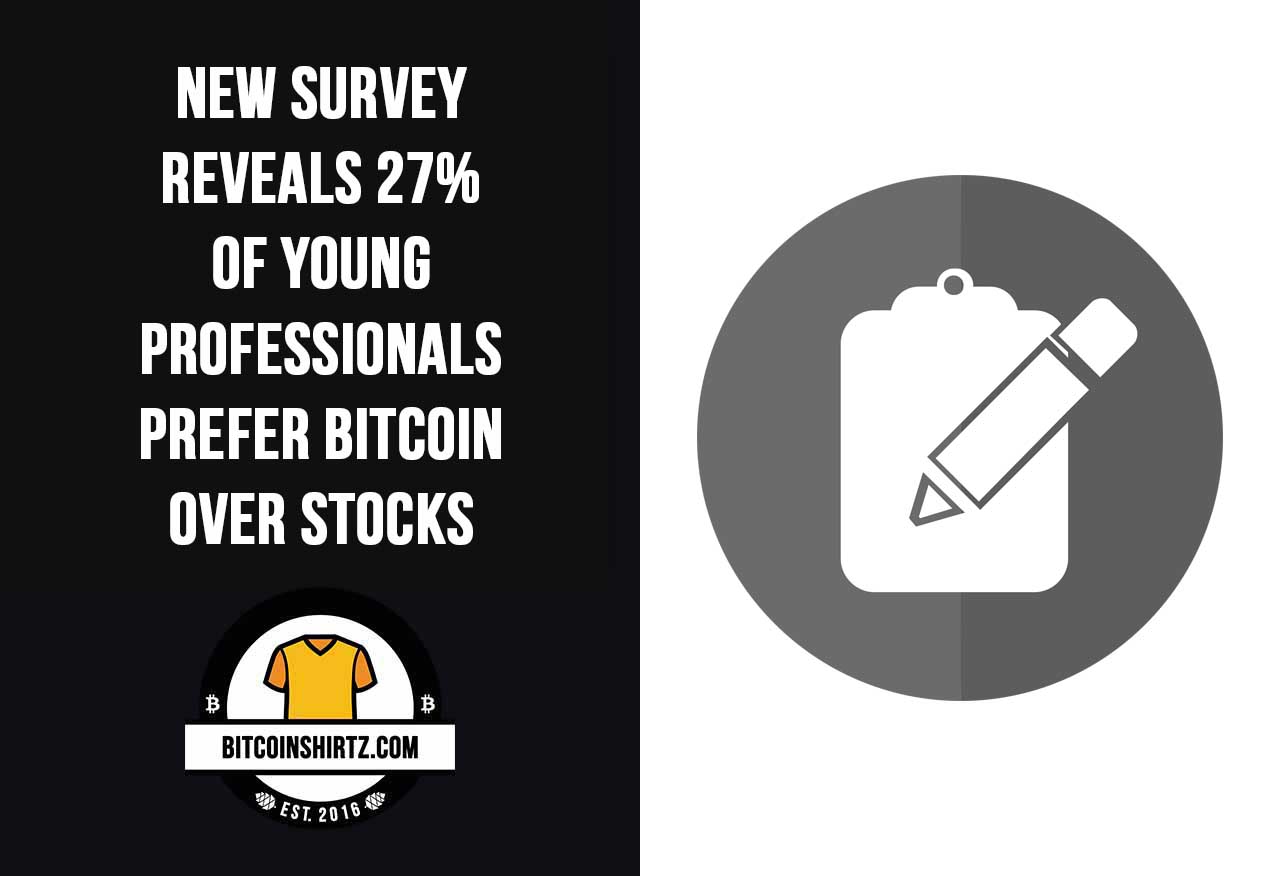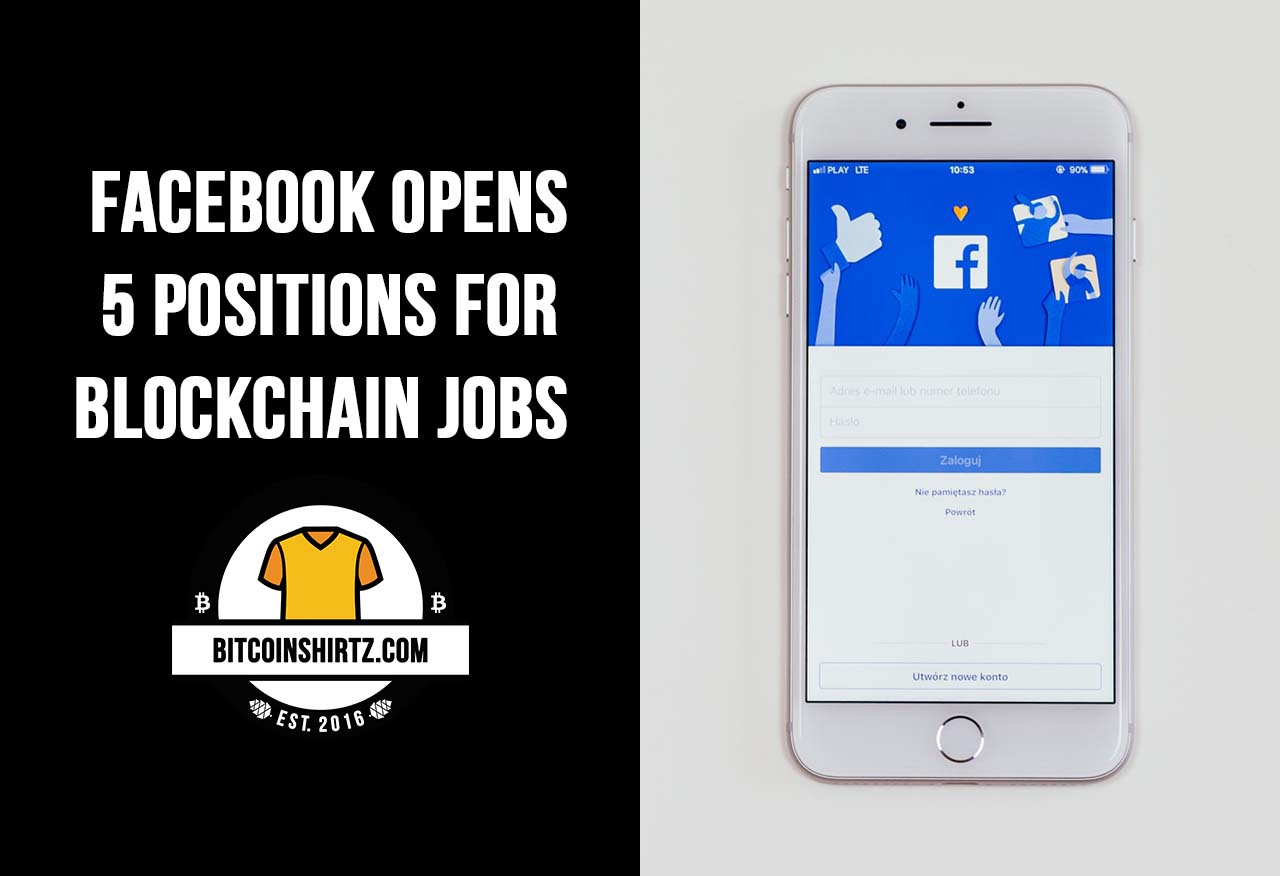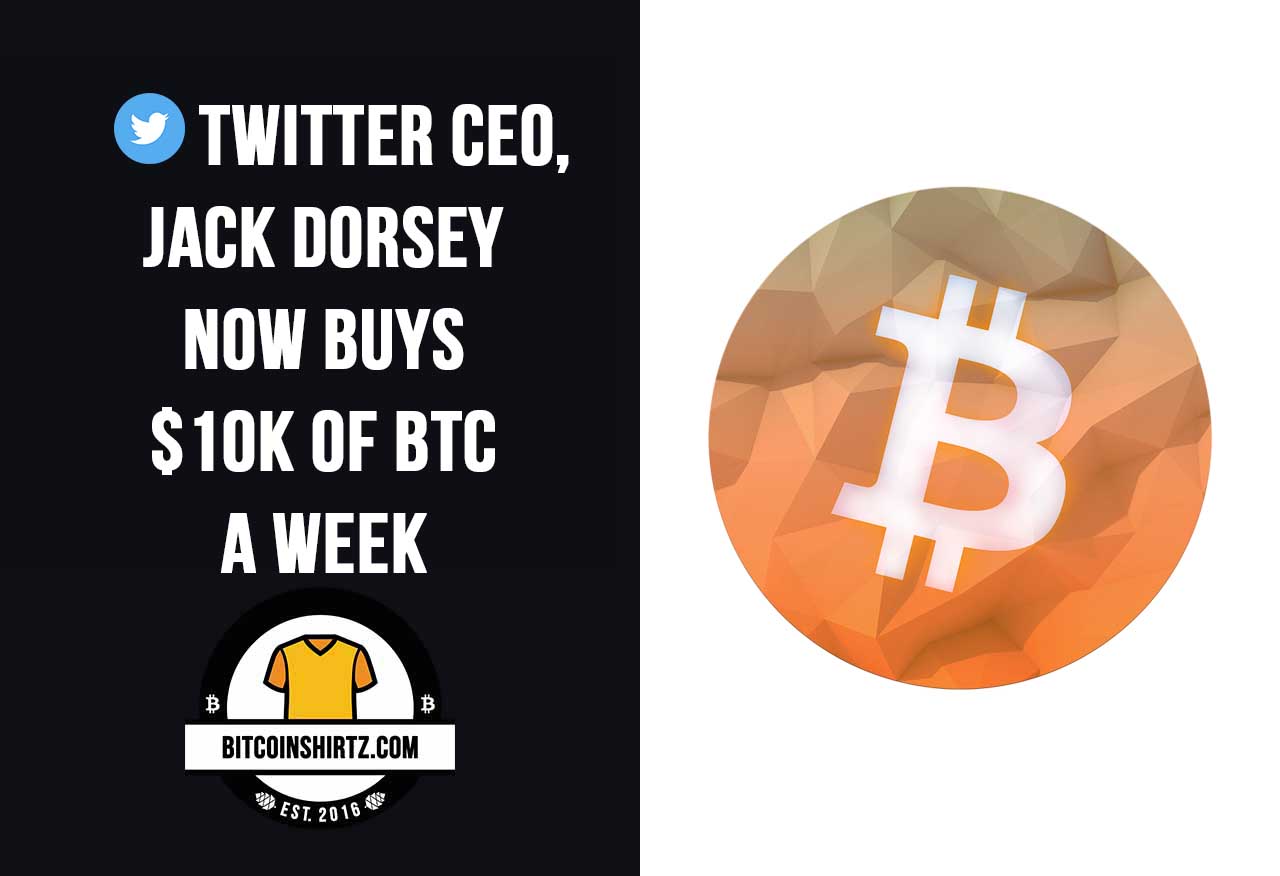
Exodus Wallet Now Fully Connected To The EOS Mainnet
On October 25th of this year, the Exodus team released version 1.63.0 which includes full support for the EOS Mainnet!
We have been waiting for this update since the EOS blockchain launched in June 2018. EOS assets on the Ethereum blockchain (from the ICO) were frozen at the time of the EOS Mainnet launch. Exodus has been diligently working on a solution for users who hold EOS tokens within their Exodus wallet.

Wallet
You can now send and receive EOS mainnet. To add EOS mainnet to your portfolio visit the Settings section then click Assets.
EOS now has an Advanced button inside the wallet to view RAM, CPU and NET along with other details like staking for your EOS wallet.
EOS wallet has a built-in automatic filter to remove 0 value SPAM transactions with marketing messages on the EOS blockchain.
Fixed outgoing Stellar (XLM) transactions to immediately show up in the account history with no delay.
Exchange
New users of EOS mainnet can now exchange any asset to EOS and Exodus will automatically handle all the advanced account setup for you and create your first EOS account.
EOS mainnet has been added to the exchange. You can now exchange any Exodus asset for EOS mainnet to further diversify your portfolio.
Advanced
If you are holding EOS on an exchange Exodus can now help you create an EOS account by using the advanced developer menu.
Export safe report button has been fixed in the help section.

Exodus is one of our #1 crypto wallets. Here are some of our other posts covering Exodus and it’s features:
Get Ready! Hardware Wallets Are Coming To Exodus – The Full Exodus Wallet Roadmap
Store And Exchange EOS Tokens In The EXODUS Wallet
How To Register Your EOS Tokens In The Exodus Bitcoin Wallet
Exodus Now Offers In-Wallet EOS Registration! Register Before June!
Exodus Wallet Videos:













